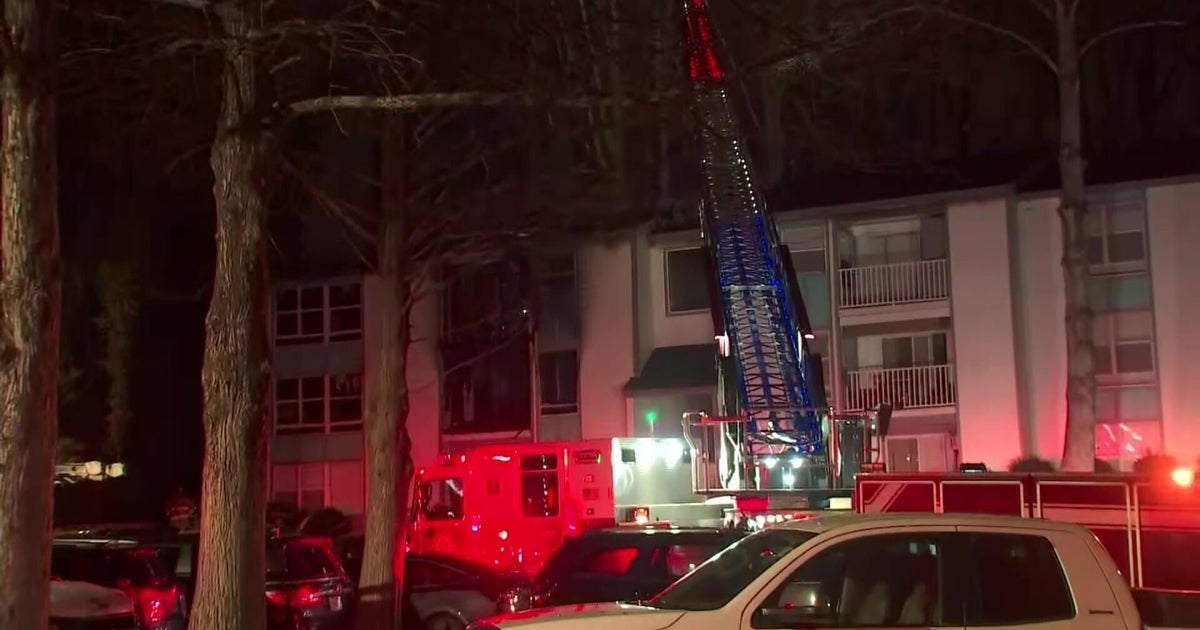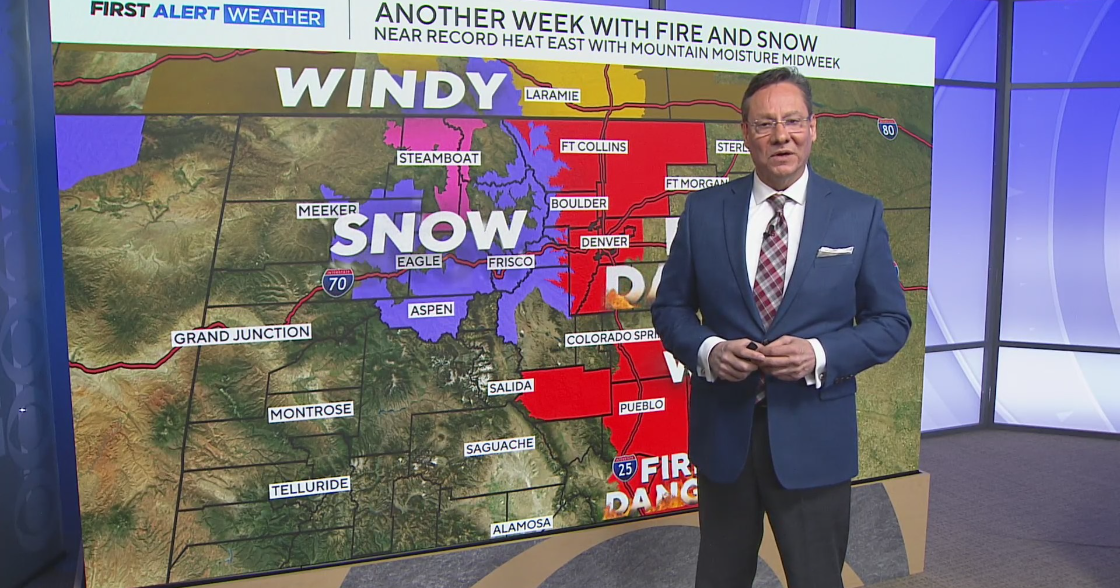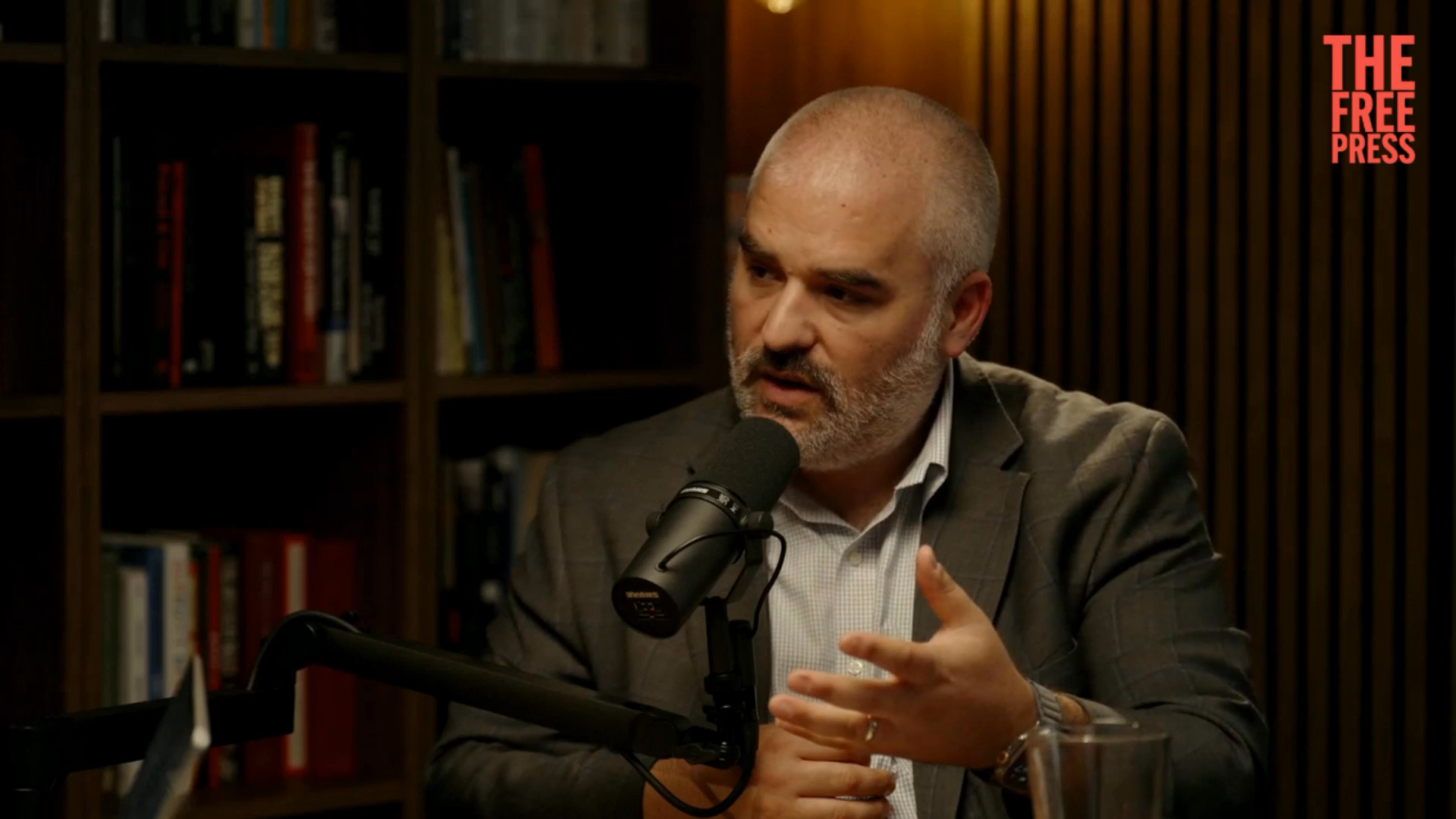Hezbollah fires rockets at Israel after commander's assassination, as war with Hamas threatens to spread
The Iran-backed Lebanese militant group Hezbollah, a Hamas ally, fired around 160 projectiles at Israel Wednesday after Israel killed one of its top commanders, Taleb Sami Abdullah, on Tuesday, the Israel Defense Forces said.
Hezbollah militants and Israeli forces have exchanged fire across Israel's northern border with Lebanon almost every day since the Oct. 7 Hamas attack, which sparked the ongoing war with Hamas in Gaza. Hezbollah says it will only stop firing rockets into Israel if there is a cease-fire in Gaza.
Hezbollah said it fired missiles and rockets at two Israeli military bases in retaliation for the Israeli strike on a house about six miles from Israel's northern border, inside Lebanon, that killed Abdullah, 55, and three other Hezbollah officials who were meeting there, The Associated Press reported. Abdullah was in charge of Hezbollah's military operations along the central region of the Lebanon-Israel border, a Hezbollah official told the Reuters news agency.
There have been fears for months that the war between Israel and Hamas could escalate into a wider regional conflict. Like Hamas and several other groups operating in the region, Hezbollah is supported by Iran. Both groups have long been designated as terrorist organizations by the U.S., Israel and the European Union, but Hezbollah is considered a far better organized and better equipped fighting force.
Israeli strikes have killed at least 400 people in Lebanon since Hamas launched its Oct. 7 terrorist attack on Israel, including 70 non-combatants, according to The Associated Press. In Israel, officials say 15 soldiers and 10 civilians have been killed in the north by the Hezbollah fire.
Tens of thousands of people have been displaced from their homes on either side of the border as a result of the violence. Hezbollah has said it isn't seeking a full-scale war with Israel, but the intensity and scope of the cross-border attacks has increased in recent weeks.
Last week, Israeli Prime Minister Benjamin Netanyahu warned that Israel was prepared to mount an "extremely powerful" response to continuing attacks from Hezbollah during a visit to the border area, and Israel has increased the number of reservists it can call up from 50,000 to around 350,000, the Guardian newspaper reported.



